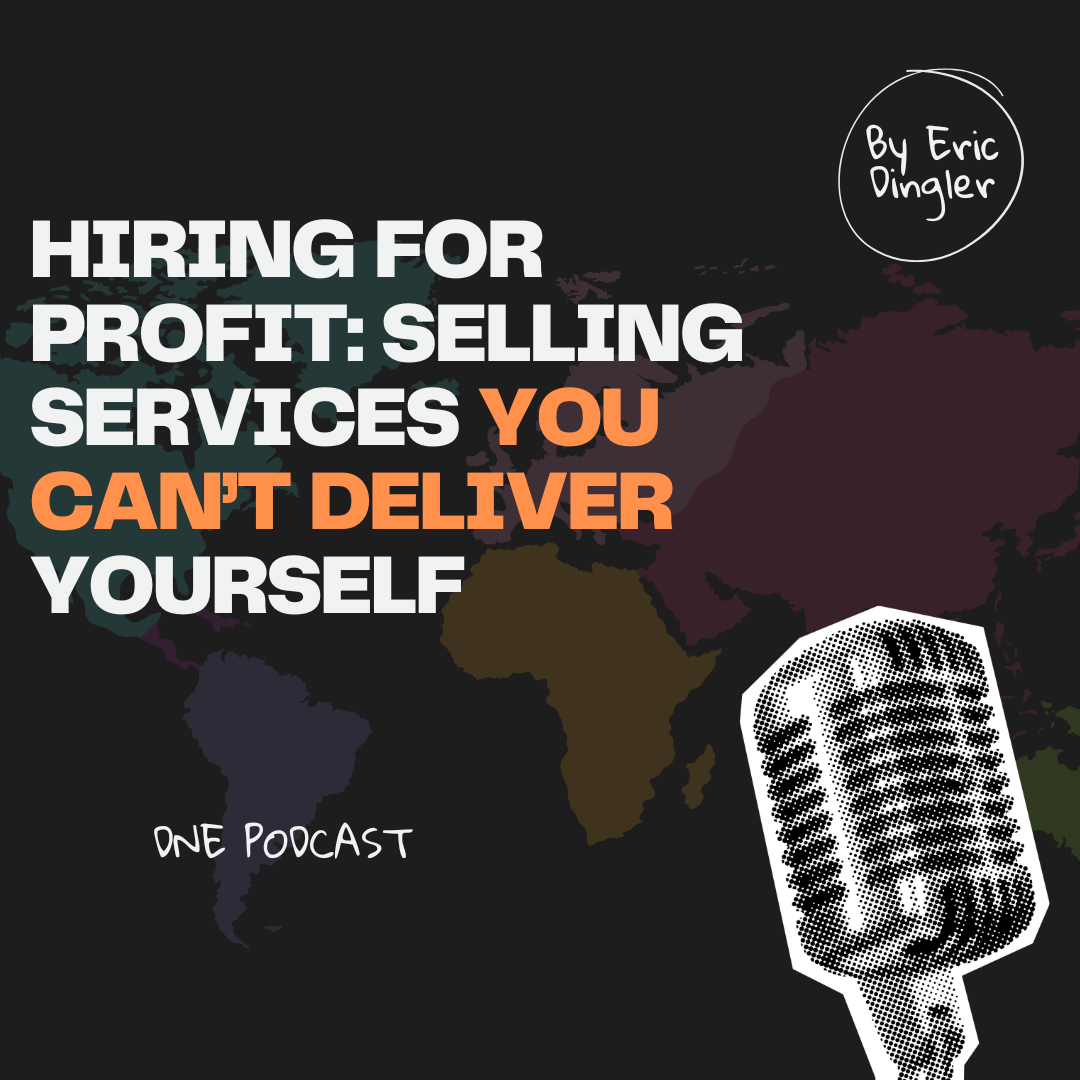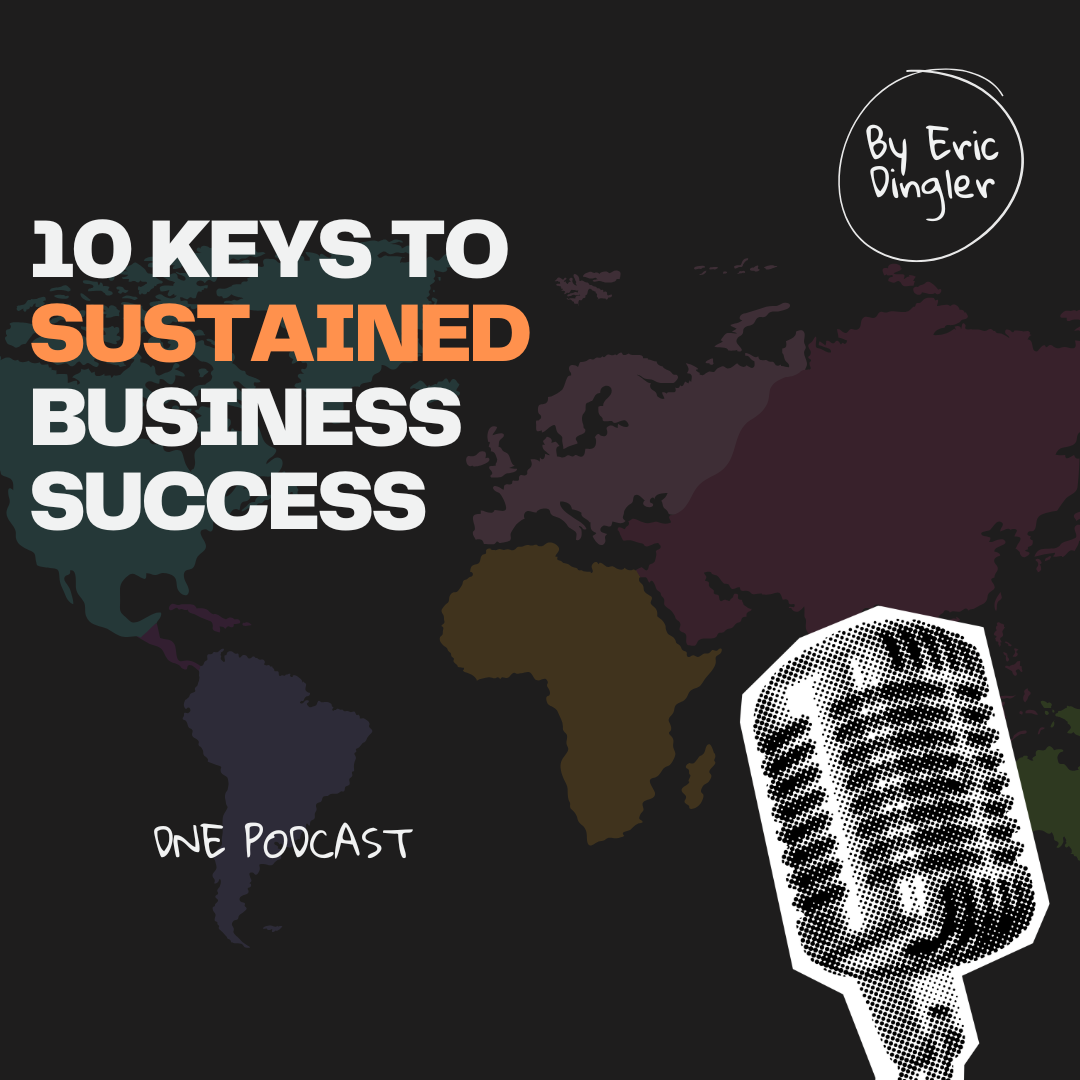“Good is the enemy of better.” When we settle for “good enough,” we stop striving for improvement. This fixed mindset can permeate various aspects of our lives, from business to marriage, health, and more. Why do we often think that “good” is all life has to offer? I want my answer to the question, “How are you doing?” to be, “Better than yesterday.” This requires incremental change, a system of evaluation, and a commitment to continuous improvement.
Personal Evaluation System
To avoid the trap of complacency, I’ve developed a personal system to continually evaluate and improve myself both in business and personal life.
Each week on Monday, I rate my performance on six business metrics: Self-Leadership, Team Leadership, Lead Generation, Lead Conversion, Money Management, and Project Management. These evaluations help me understand where I stand and identify areas for improvement.
On Fridays, I evaluate myself on personal metrics: spiritual health, marriage health, parenting health, emotional health, and physical health.
I rate each of these on a scale of 1 to 4 and then come up with one specific area to work on for the following week. The goal is to implement small, incremental changes that lead to continuous improvement.
The Business Consideration
In business, the concept of “good is the enemy of better” is particularly evident. Many businesses reach a point where they are profitable and stable, and they stop pushing for innovation and growth. This complacency can lead to stagnation and eventual decline. Imagine a company that has developed a successful product. It’s doing well in the market, and the company is making a decent profit. However, instead of seeking ways to enhance the product, improve customer service, or explore new markets, the company decides to rest on its laurels. Over time, competitors who strive for “better” will surpass it, and what was once a good product becomes obsolete.
Marriage Consideration
The principle of “good is the enemy of better” also applies to marriage. Many couples reach a point where their relationship is stable and “good enough.” They have a routine, get along well, and there are no major issues. However, settling for a “good” marriage means missing out on the deeper connection and greater intimacy that come from continuous effort and improvement.
Imagine a couple who have been married for several years. They have a comfortable life together, but they’ve stopped doing the little things that made their relationship special. Date nights are rare, meaningful conversations are infrequent, and they’ve stopped surprising each other with small acts of love. While their marriage is good, it could be so much better if they committed to ongoing effort and growth.
Parenting Consideration
Parenting is another area where “good is the enemy of better.” As parents, it’s easy to fall into routines that seem to work well enough. The children are fed, clothed, and doing okay in school. However, settling for “good enough” can prevent us from becoming the best parents we can be, which means we rob our children of being the best they can be.
Consider a parent who always makes sure their child’s basic needs are met but doesn’t take the time to engage in meaningful activities or conversations with them. The parent may feel that they’re doing a good job, but they’re missing out on opportunities to build a stronger relationship, foster their child’s emotional and intellectual growth, and create lasting memories.
Personal Life Consideration
In personal life, the concept of “good is the enemy of better” can manifest in our health and well-being. Many people reach a point where they feel they are in decent shape and living a reasonably healthy lifestyle. However, settling for “good enough” can prevent us from achieving our full potential and experiencing optimal health.
Imagine someone who exercises occasionally, eats a somewhat balanced diet, and gets enough sleep to function. They feel good but could feel so much better with a bit more effort. By making small, incremental changes, such as adding more fruits and vegetables to their diet, committing to a regular exercise routine, and improving their sleep hygiene, they could significantly enhance their overall well-being.
The Path to Continuous Improvement
Continuous improvement requires a system of evaluation and a commitment to making small, incremental changes. Here’s how I approach this in my life:
Weekly Business Evaluation (Mondays):
- Self-Leadership: How well did I manage my own time, energy, and productivity?
- Team Leadership: How effectively did I lead and support my team?
- Lead Generation: How successful were we in generating new leads?
- Lead Conversion: How effective were we in converting leads into clients?
- Money Management: How well did we steward the business finances?
- Project Management: How efficiently did we manage ongoing projects?
Weekly Personal Evaluation (Fridays):
- Spiritual Health: How connected do I feel to my spiritual beliefs and practices?
- Marriage Health: How strong and connected is my relationship with my spouse?
- Parenting Health: How effectively am I engaging with and supporting my children?
- Emotional Health: How well am I managing my emotions and stress levels?
- Physical Health: How well am I taking care of my body through diet, exercise, and sleep?
By rating each area on a scale of 1 to 4, I identify one small thing to work on each week. This could be something as simple as setting aside time for a weekly date night with my spouse, engaging in a new activity with my children, or improving my diet by adding more nutritious foods. The key is to focus on incremental changes that lead to continuous improvement over time.
What About You?
“Good is the enemy of better” is a powerful reminder that we should never settle for “good enough.” Whether in business, marriage, parenting, or personal life, there is always room for improvement. By committing to continuous evaluation and making small, incremental changes, we can strive to be better than we were yesterday. This mindset not only leads to personal and professional growth but also enriches our lives and the lives of those around us. So, let’s challenge ourselves to never settle for good and always aim for better. What is one area you are going to work on to make better?


